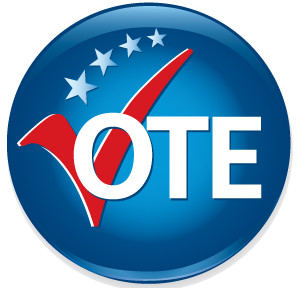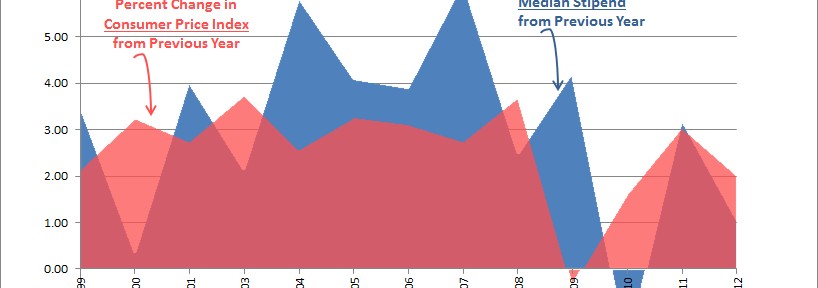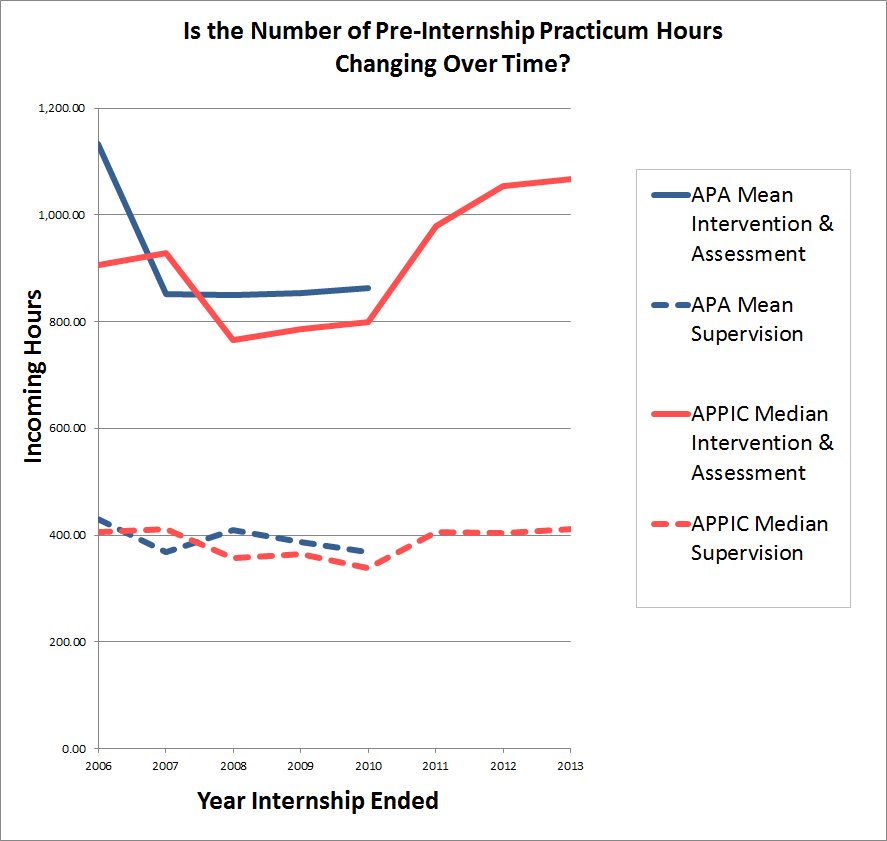Internship: Thoughts from the Thick of It
by Christine Jehu, MS
I have read many accounts from students about the internship application process and what life is like after internship, but I have not seen much written from interns who are in the thick of it. I want to share some of what I have learned over the last nine months that I hope will help those who are preparing to go on internship. To provide a bit of context, between October and January I lost my father, uncle, and grandfather, which offered considerable ups and downs during the last five months of my internship experience. Some key experiences and relationships stand out that helped me through this year, which I try to capture for you in the list below. My hope is that regardless of the circumstances you face while on internship, the takeaways below will help you in some way during our internship year.
In no particular order, here are my 7 takeaways from the thick of internship:
- Your internship cohort is critical. The truth is we aren’t all going to be pals or best friends simply from matching together. Intentionality is critical when building a foundation within your cohort. Take some time to consider what you want and what you need from your cohort, and clearly communicate that early in your time together. – Our cohort decided personal and professional support was important to us. Each week we take a group selfie, go to lunch together, celebrate holidays, and explore the city together. We say that we hit the “intern jackpot” and it feels completely true! Our collective intentionality has fostered an amazing year and friendship between us.
- Find an ally on staff. Make a point to cultivate relationships with people on staff. Find someone who you feel safe with and you feel you can turn to. This could be, but does not have to be your direct supervisor or training director. Be clear as you establish each relationship and share your hopes for the relationship as they become clearer to you. – Having a trusted member on staff has been a saving grace for me on many days when I needed to cry and had the space for it, or needed to have an honest and supportive reality check from someone who has witnessed multiple cohorts of trainees. These relationships can be life changing, personally and professionally.
- Imposter syndrome is real folks, be ready for it. You’ve probably heard it before, possibly when you entered your program or maybe on your way out. For me it hit full force smack in the middle of internship. Everyone kept asking, “so what’s next?” or “are you doing a post doc?” I would smile and simply respond with, “I’m not sure yet.” When inside I was thinking, “oh my gosh, can I really be a psychologist? Who let me get this far?!” For about a month I wrestled with imposter syndrome, and man was it rough. Remember that trusted ally in #2 – key player during that month! I can tell you all day long to be ready for it, but the reality is everyone’s experience of imposter syndrome is different and it strikes at different times (likely when you least expect it). What I can tell you, is YES you are supposed to be right where you are. YES you are meant to be a psychologist. NO you did not get where you are now on a fluke. Reach out for support, remember your why you started this crazy intense rewarding journey, have your freak out, and keep moving! You’ve got this!
- Maintain your connections. Many of us have to relocate for internship. It is really easy to pack up your home, get in the car, and never look back or keep in touch, because the immediacy of these relationships significantly decreases. Friends, please work to maintain your connections with people in your program cohort, your faculty, friends you made in the city where you went to school, and your family. People in your program and faculty know you and who you are as a developing psychologist. They are the people you want in your corner when the imposter syndrome strikes or when you are applying for post-docs or jobs and cannot for the life of you articulate strengths or growth areas. Just as in #1, intentionality is key. Write it in your planner or put reminders in your phone to call, text, or email these people once every two months or so to touch base. – I’ll be honest. I have not been awesome at this. When my dad died, I lost touch with many people. I am slowly rebuilding those connections, and the past few months have been tremendously different.
- Find YOUR balance. I trust you’ve heard this time and time again, and probably find yourself telling your clients this very thing. How many of us truly take our own advice? You know yourself. You know what it takes for you to thrive under pressure – you’ve been doing it for at least the last 3-5 years (thank you graduate school). You don’t lose that when you change cities and become an intern. Stay true to you and do what you need to stay healthy, focused, and balanced. It’s okay to set boundaries, to say no to invitations, and to have fun. Do what works for you.
- Be clear about what you want and don’t try to do it all. When you start internship you will write out a set of training goals, identify areas you want to improve in, and then you will be offered a shiny beautiful list of everything that is possible to get involved with on internship. I felt like a kid walking into a candy shop! Everything sounded awesome. Three months from the end of internship I can assure you that you will not have time for it all and you will be okay. Stay true to yourself. Remember your goals for the year and the goals for the few years following. Use those to help you make decisions, and when in doubt talk with your training director about what makes sense for you.
- My final suggestion, and you may have picked up on it throughout, is to be true to who you are! You’re entering a new situation. You will be offered many unique opportunities. If your cohort is geeking out about something but it’s not your jam, that’s okay! If you are the person who likes to go to the gym on a Friday night rather than happy hour, go to the gym! Be you, 100% you.
Editor’s note: Christine Jehu, MS, is a doctoral candidate at the University of Memphis and is currently the Chair-Elect of APAGS.


 It’s election season for APAGS! The voting period for
It’s election season for APAGS! The voting period for 


